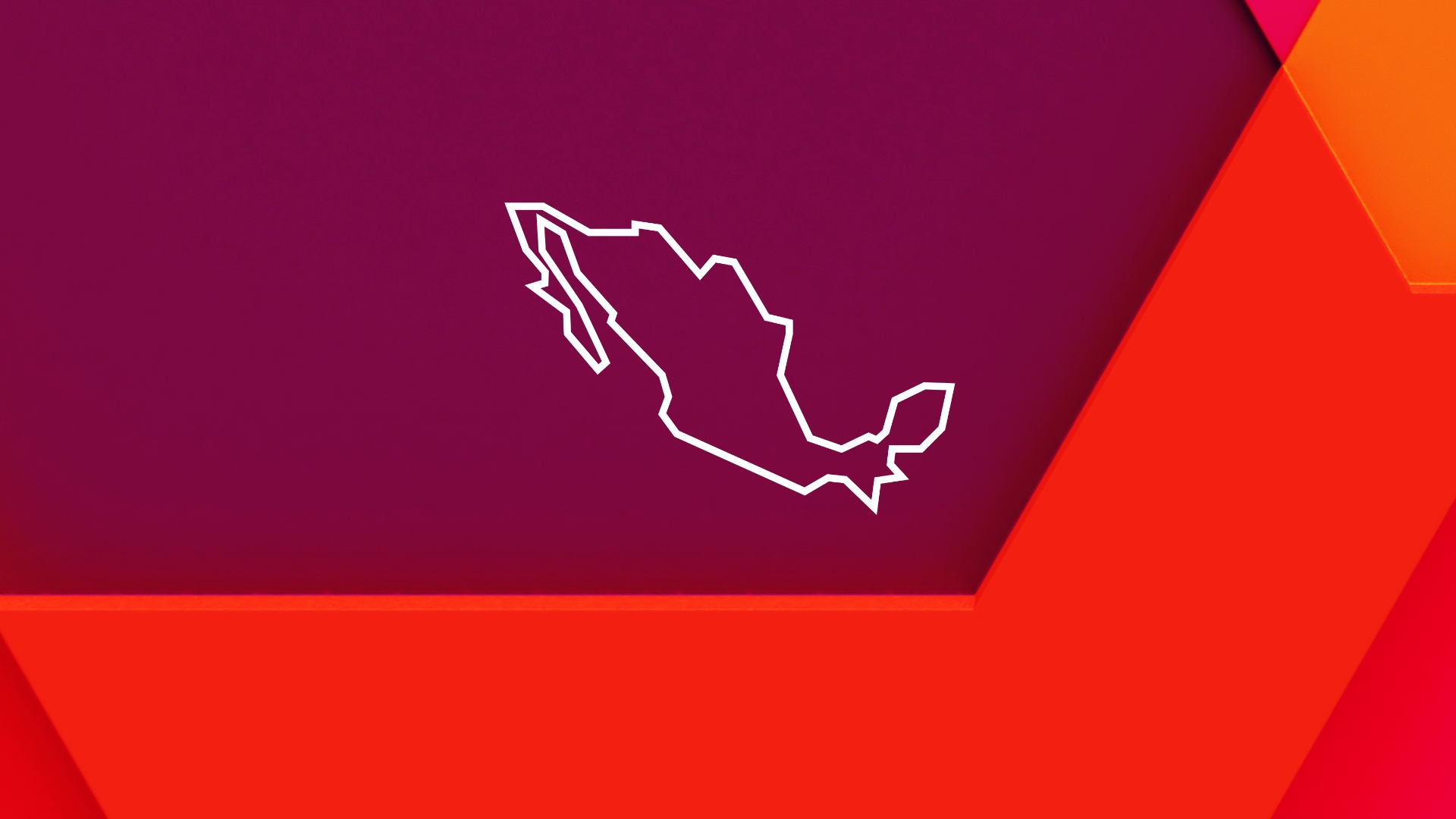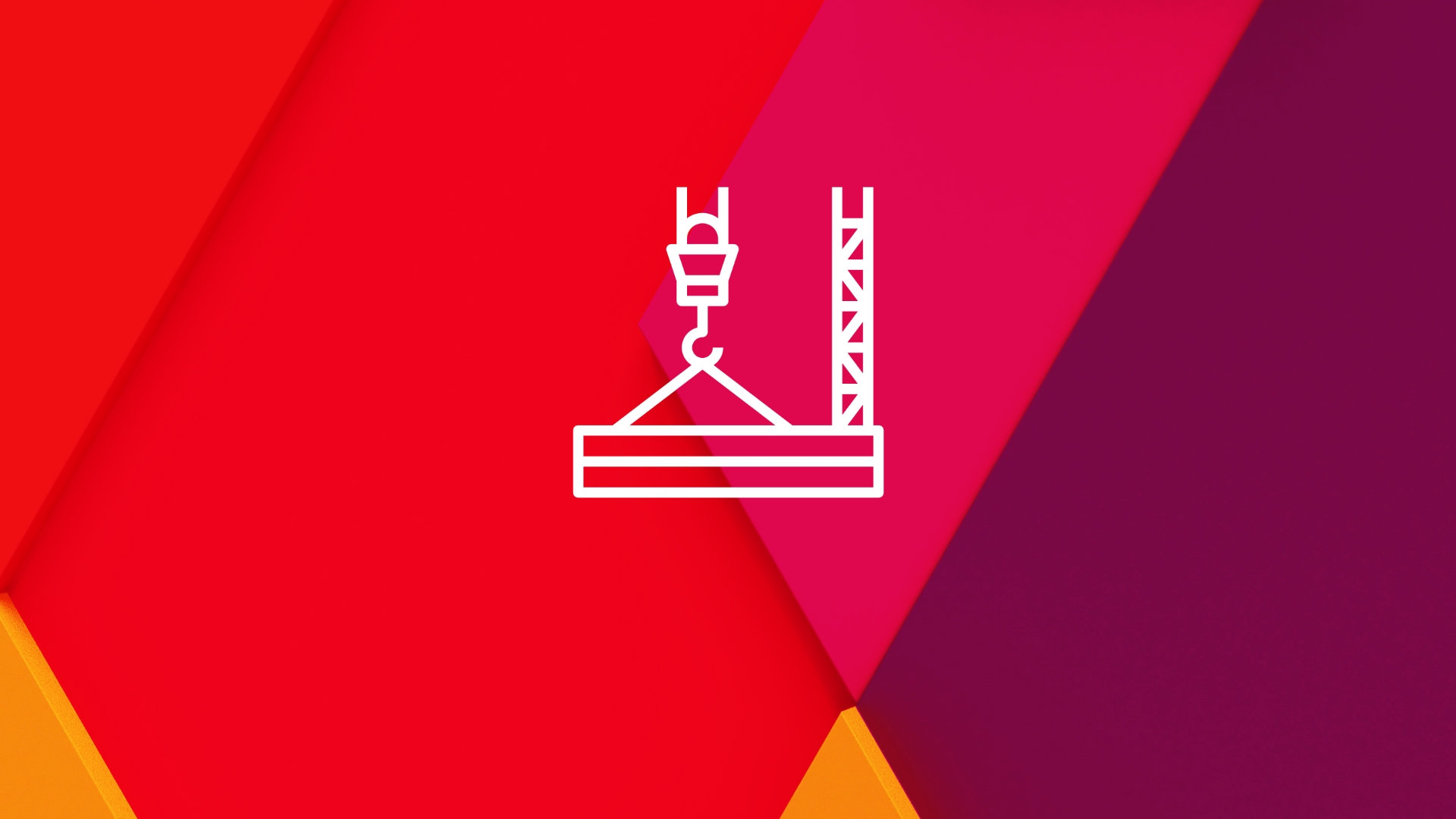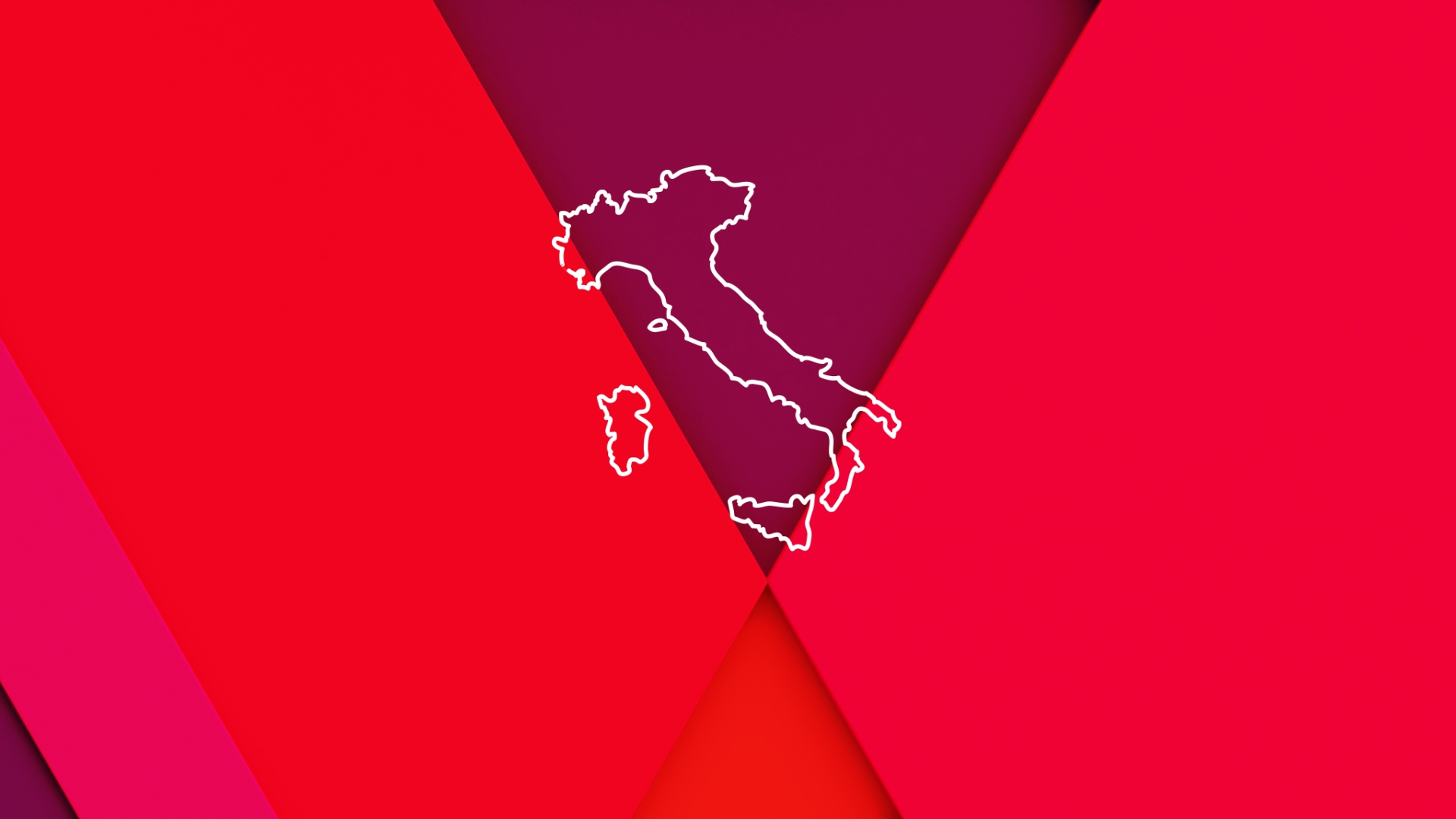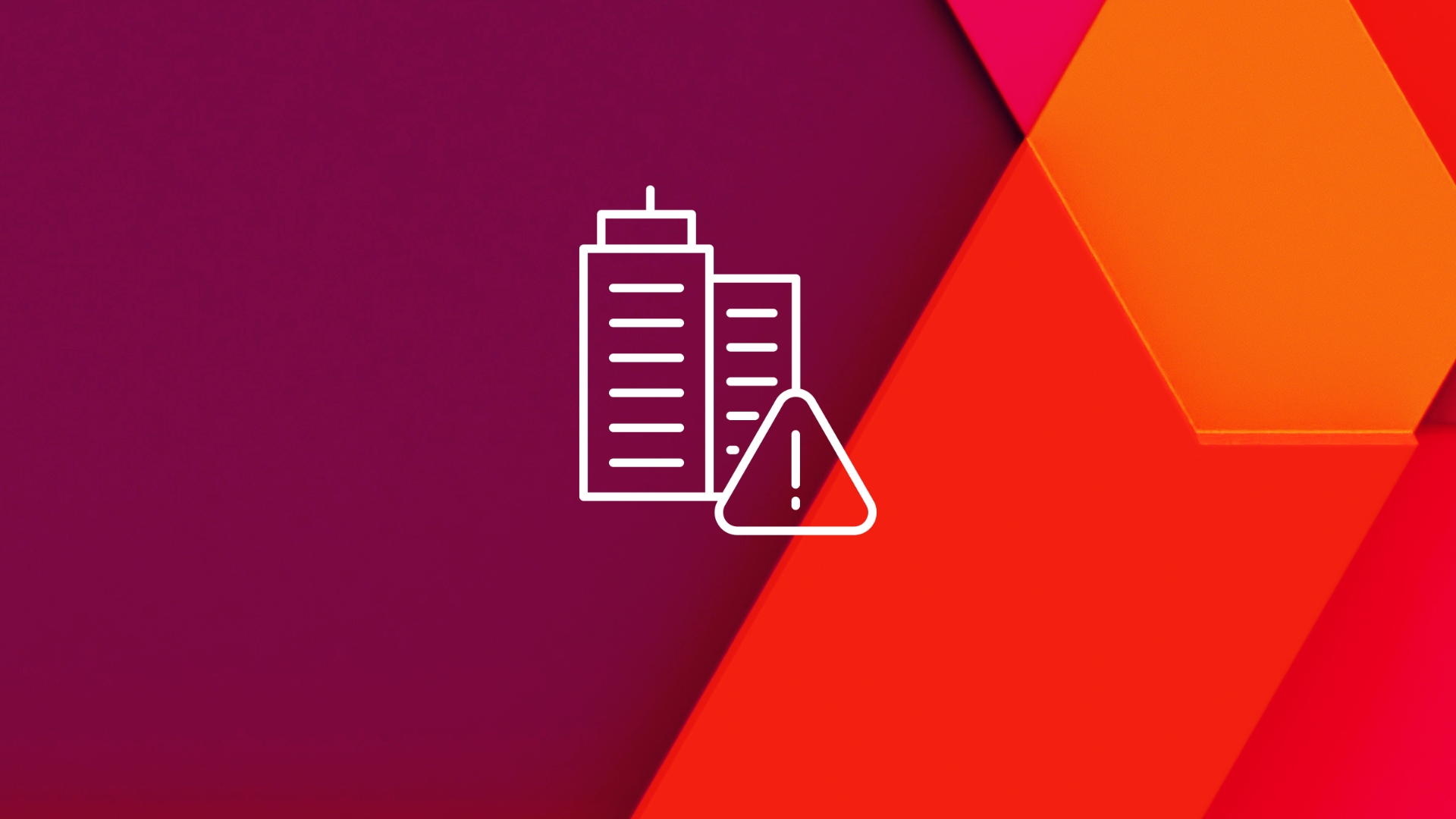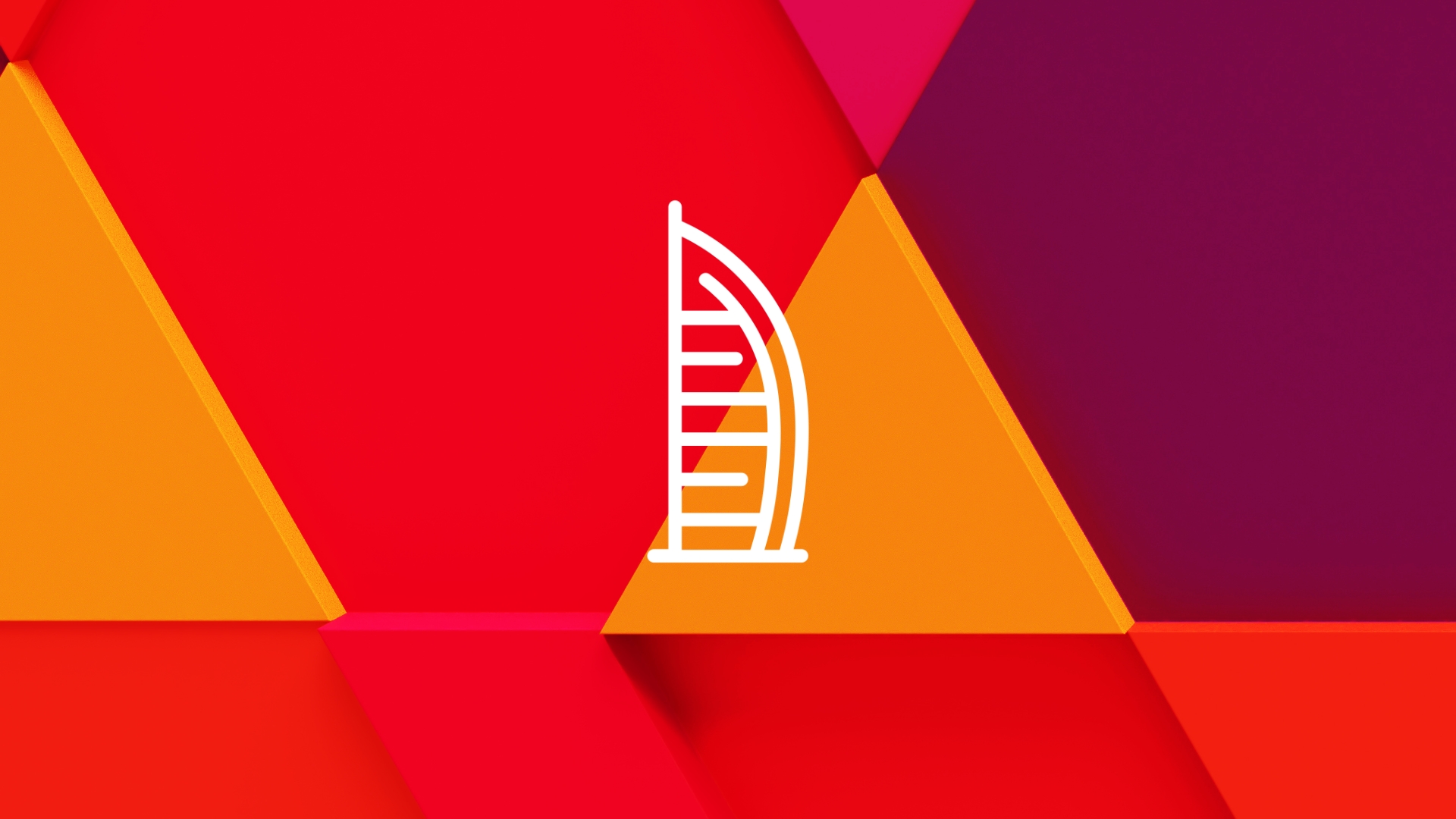
Energy-related disputes in the Middle East: Is DIAC fit for purpose?
Middle East | Publication | 五月 2023
Content
Introduction
With disputes expected to arise due to the energy transition, price volatility, the increase in construction of energy infrastructure, regulatory changes and sanctions, the competition is on for jurisdictions and arbitral institutions to serve the energy sector. Against that backdrop, Dubai has shuttered the DIFC-LCIA Arbitration Centre and placed the revamped Dubai International Arbitration Centre (DIAC) as its flagship arbitral institution. This article evaluates the strengths of both Dubai and the DIAC as an international arbitration hub for energy and resources disputes.
Energy and resources disputes in the Middle East
The Middle East is the world’s largest oil producing region with approximately half of the world’s oil and a third of the world’s gas reserves. Disputes are inevitable in the energy industry because of the frequent use of joint venture structures, the reliance on contractors and the myriad of engineering and geologic complexities. At the same time, extractive energy projects seek to exploit resources owned by host states, which makes company-state relations another potential source of dispute.
When energy-related disputes arise, parties often favour international arbitration as the means to resolve their differences. Arbitration allows for party control over the arbitral procedure and parties’ role in selecting arbitrators enhances perceptions of neutral decisions. The near global adherence to the New York Convention also makes awards readily enforceable around the world.
Traditionally, the preferred arbitral institutions in the sector have been the ICC International Court of Arbitration (ICC) or the London Court of International Arbitration (LCIA). In 2020, almost 18 percent (167 of 946) of arbitrations registered with the ICC were energy-related disputes. In the same year, almost 17 percent of the LCIA’s total cases involved parties from the Middle East and North Africa, with energy and resources disputes accounting for 26 percent of the institution’s total caseload.
Arbitration in Dubai
Dubai has two parallel legal systems. There is an ‘onshore’ jurisdiction made up of the federal laws of the United Arab Emirates and the local laws of the Emirate of Dubai. This is a civil law system and proceedings are conducted in Arabic. In practice, DIAC arbitrations traditionally were seated in onshore Dubai with proceedings and awards subject to the supervision of the onshore courts.
The ‘offshore’ jurisdiction relates to the Dubai International Financial Centre (DIFC). The DIFC is a self-contained jurisdiction modelled on the English common law, which is overseen by its own common law courts and where proceedings are conducted in English. By virtue of DIFC Law No. 1 of 2008 (DIFC Arbitration Law), the DIFC is a standalone seat with curial supervision by the DIFC Courts. Between 2008 and September 2021, the DIFC-LCIA Arbitration Centre (a joint venture between the DIFC and the LCIA) was the primary arbitral institution in DIFC.
In September 2021, the Emirate of Dubai abolished the DIFC-LCIA Arbitration Centre by Decree No 34 of 2021 (2021 Decree). The decree stipulated that:
- all existing DIFC-LCIA Arbitration Centre cases (registered on or before March 20, 2022) were to be administered by the LCIA (article 4);
- all proceedings after that time that referred to the rules of the DIFC-LCIA would be registered by DIAC, unless the parties agreed otherwise (article 6); and
- DIAC was entrusted with administering arbitrations in Dubai and the DIFC pursuant to the Statute of the Dubai International Arbitration Centre.
DIAC revamped
DIAC was established in 2004 as an ‘onshore’ arbitration centre. In addition to transferring DIFC-LCIA Arbitration Centre cases to DIAC, the 2021 Decree remoulds DIAC as the only arbitral institution in Dubai and gives it operations in both onshore Dubai and the DIFC (articles 2, 5).
The Emirate has taken additional steps aimed to position DIAC as a leading arbitral institution including internationalising DIAC’s administration to include a mix of foreign and Emirati practitioners. There are also plans to establish a list of registered arbitrators. In February 2023, Australian arbitrator and former chairman of the Singapore International Arbitration Centre, Dr Michael Pryles AO PBM, was named President of the DIAC Arbitration Court. Alongside this, in an attempt to cement DIAC’s position as a “pre-eminent arbitral institution for disputes in the Middle East”, new arbitration rules were issued by DIAC in 2022 (2022 DIAC Rules).
Application of the DIAC Rules to energy disputes
With the new rules and administrative infrastructure of DIAC largely untested, it remains to be seen whether DIAC will garner favour with parties in energy disputes. The 2022 DIAC Rules appear fit for purpose in energy disputes. First, parties in DIAC arbitrations have the option of either an onshore Dubai or DIFC seat. If the parties do not designate a seat, then the default seat will be the DIFC (article 20.1). This is a welcome improvement for domestic and international arbitration, not least because:
- the DIFC has a well-developed, UNCITRAL-based procedural law;
- proceedings are supervised by the DIFC court which has strong powers to grant interim and injunctive relief and takes a pro-arbitration approach; and
- DIFC is pro-recognition and enforcement of arbitral awards.
The 2022 DIAC Rules provide for third-party funding of the arbitration (article 22), which has been available for litigation in the DIFC courts since 2017. This gives both claimants and respondents greater flexibility in choosing how to fund their cases and manage cash flow. The UAE’s Federal Arbitration Law is silent on third-party funding.
In terms of procedure, the 2022 DIAC Rules expressly allow for hearings to be conducted virtually (article 20.2). Virtual hearings can reduce costs to parties and allow greater flexibility for hearing dates. This enhances the efficiency of arbitration, particularly where the parties and witnesses are located on different continents and time zones.
Given the complex nature of energy transactions, it is notable too that, unlike under the 2007 DIAC Rules, the 2022 edition empowers a tribunal to hear disputes under multiple contracts (article 8) and enable parties to be joined to an arbitration (article 9). Likewise, the ability of a tribunal to order consolidation of proceedings is critical (article 8). In operation, the consolidation and joinder provisions are similar to other leading arbitral rules.
Another development is the new power of the tribunal to make an award on legal costs (article 36.1). The absence of an express power to award costs in the 2007 DIAC Rules led to inconsistent decisions in the onshore courts about whether such a power existed absent the parties’ express agreement. Including a power to order legal costs in the 2022 DIAC Rules avoids this controversy and brings DIAC arbitration in line with practice under the roles of other leading institutions.
The 2022 DIAC Rules also do not prohibit a tribunal from awarding pre-award or post-award interest. This is important, particularly for long-term contracts that are common in the energy sector, where interest can form a significant portion of the financial damage incurred by a party.
On the whole, then, the 2022 DIAC Rules modernise DIAC arbitration and bring DIAC in line with other arbitral institutions commonly used by parties in energy disputes.
Conclusion
The 2022 DIAC Rules contain many features that will be attractive to parties in the energy sector, including the facilitation of third-party funding, procedural innovations with respect to virtual hearings, and new rules for consolidation and joinder which bring DIAC in line with international best practice. However, given recent change at the institutional level, it may be some time before trends emerge that will confirm whether the redesign of DIAC will cement Dubai’s reputation as a global hub for arbitration.
Subscribe and stay up to date with the latest legal news, information and events . . .




